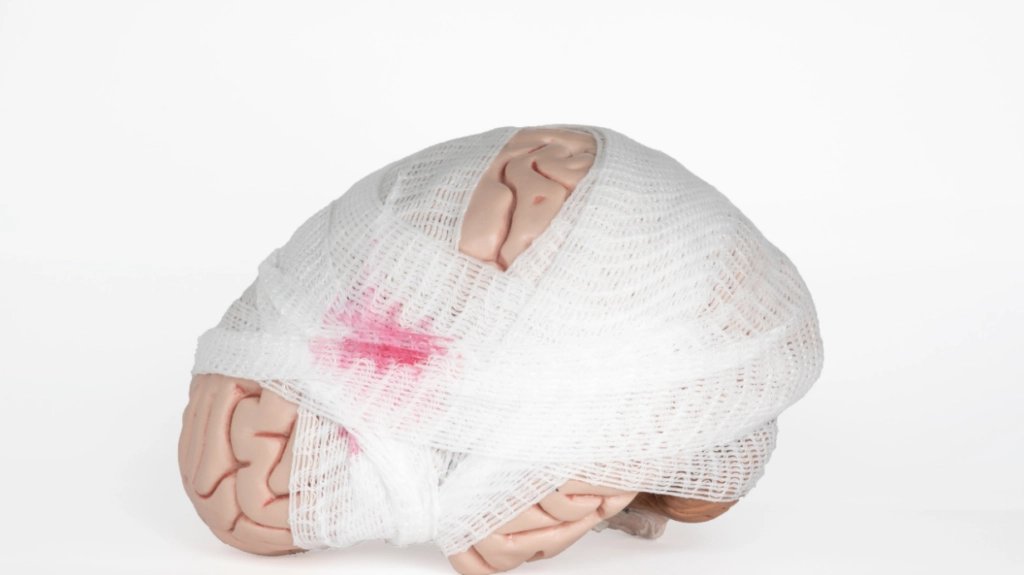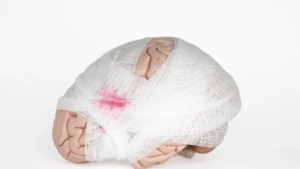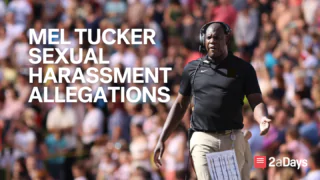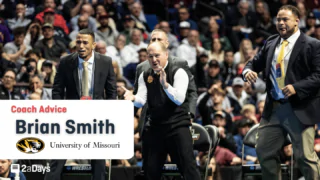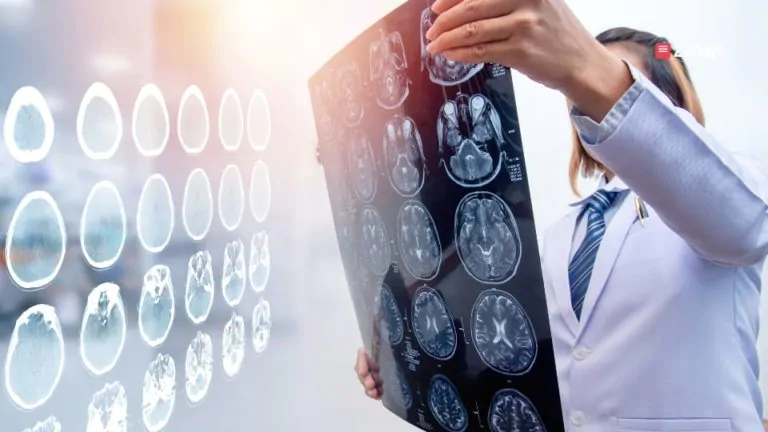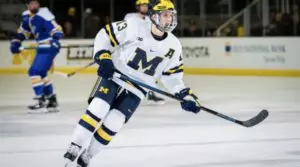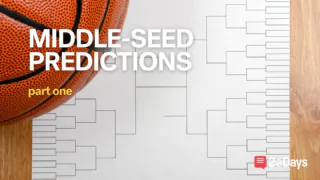A concussion, or TBI (traumatic brain injury), is a severe injury that requires immediate attention. An estimated 3.8 million sports-related concussions occur in the United States every year, and about 50% are expected not to be reported. A major reason concussions go unreported is because they do not get diagnosed, either because trained professionals are not present, they use the wrong tests, or athletes hide their symptoms so as to not miss playing time.
We've put together this guide because no concussion is minor, and one undiagnosed concussion can set you up for more serious TBIs later in life.
Related: A Student-Athlete's Concussion Story
What to Look for
While this does not replace real concussion training, it is good to know some of the significant signs and symptoms whether you are an athlete, coach, or parent. It is also important to remember that you DO NOT have to lose consciousness to have a concussion.
Headache: Headaches are one of the most common symptoms. The headache might be instant, ort could come the next day; it may worsen with light and sound and could cause nausea and vomiting. A headache will last days and may eventually dull, but not completely go away. While a headache is the most common symptom, it is essential for the athletic staff to know which players suffer from migraines because the headache may not be concussion-related in that case.
Nausea/Vomiting: Nausea and vomiting are also common with a concussion. These symptoms can occur right after the head injury or provoked later by a headache, light, sound, movement, or food.
Vision problems: Blurred vision (potentially leading to dizziness), trouble focusing, and light sensitivity are often symptoms of a concussion as well. Athletic trainers can check reactiveness of the pupils and ability to track a light.
Concentration problems: It is extremely common to have problems concentrating after a concussion as well. The athlete may have trouble focusing in school, work, and everyday life. The athlete will not be able to keep normal eye contact throughout a conversation.
Memory Loss: The last big key to a suspected concussion is temporary memory loss. Right after the head injury occurs, ask the athlete what day and time it is, where they are, and what they were doing when they got hurt.
Related: Concussions and What You Need to Know
Testing: Collegiate Level
Many of the symptoms listed above are only temporary and will go away with the proper care and treatment. Without the proper care, however, they can become lifetime issue, so it's important to diagnose a concussion early on.
There are concussion tests that can be done by the athletic trainer or team doctor, but if a concussion is suspected, the athlete should be seen by a doctor immediately before returning to play.
Most athletic trainers use the SCAT5 or VOMS test, sometimes both, to determine if the athlete has concussion symptoms before sending them to see a doctor. In talking to an athletic trainer at Michigan State University, “These tests are easy and accessible to use on the field to determine the next steps.” Although the tests are user-friendly, they should not be attempted by an untrained professional.
Related school rating: Michigan State University
Testing: High School Level
While the same tests are used in high schools, there is rarely a doctor available at all sporting events. It is common, however, to have one at football practices and games. If there is a hard hit to the head, neck, or back, the athlete will be pulled from the practice or game until they have seen a doctor.
If the athlete is at an away game, the opposing team's athletic trainer can use concussion tests, but they may not know the answers to questions they ask the athlete. *This can affect the concussion test, so it's better to have an athletic trainer who knows the athlete and can recognize something out of the ordinary.
*When I was in high school, I was hit in the head, pulled out of the game, checked by the opposing team's trainer, then put back in the game. I was foggy and moving slow, and ended up getting hit again and knocked unconscious. Because I was misdiagnosed and not taken care of properly, I ended up missing my senior year of the sport I loved. It is crucial that TBIs are taken seriously and athletes with any symptoms are not permitted back into play until seen by a medical professional.
Parents and Coaches
The CDC offers free online concussion training for youth sports that teaches about the significant signs and symptoms of a concussion. However, just because a parent or coach has completed the training, does not mean that they are fully qualified to diagnose a concussion; the athletes should still see a trained professional.
* Originally published on September 3, 2021, by Shelby Gonser
